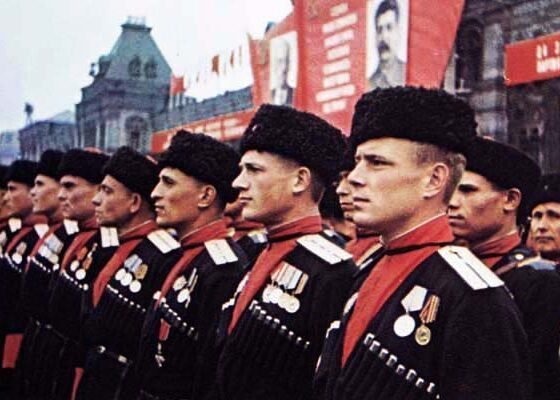(Henry Jackson Society) In this report, Professor Dr. Marlene Laruelle and Dr. Helena Ivanov investigate the level and underlying causes of pro-Russian sentiment in Serbia and Hungary. Both countries have been noted for their approach to Russia’s invasion of Ukraine. On one hand, Hungarian PM Viktor Orbán continuously frustrates the European Union’s coordinated campaign against Russia and keeps calling for the cancellation of sanctions. At the same time, Serbia has not imposed any sanctions against Russia and is increasingly known for its balancing act in this conflict.
How should the EU react to these divergent approaches to Russia and try to protect its unity? To answer this question, this report examines the actual level of support for Russia.
The report concludes that public opinion in each country differs a lot in the perceptions of Russia, and that while we can talk of a genuine Russophilia in Serbia, Hungarians are much more polarised on their relationship to Moscow and the pro-Russian stance is limited to the Fidesz realm. But in both cases, the main finding is that a lot of this pro-Russian sentiment is driven by the general disappointment in the West.
To improve the perceptions held by Hungarians and Serbs about the West, the report proposes two novel policies. The first argues that the EU should provide direct financial help to Serbs and Hungarians to combat the energy cost crisis. The second suggests that EU and Western politicians need to change their tone when speaking to Hungarians and Serbs as well as their respective political representatives.
Read More | PDF © The Henry Jackson Society












